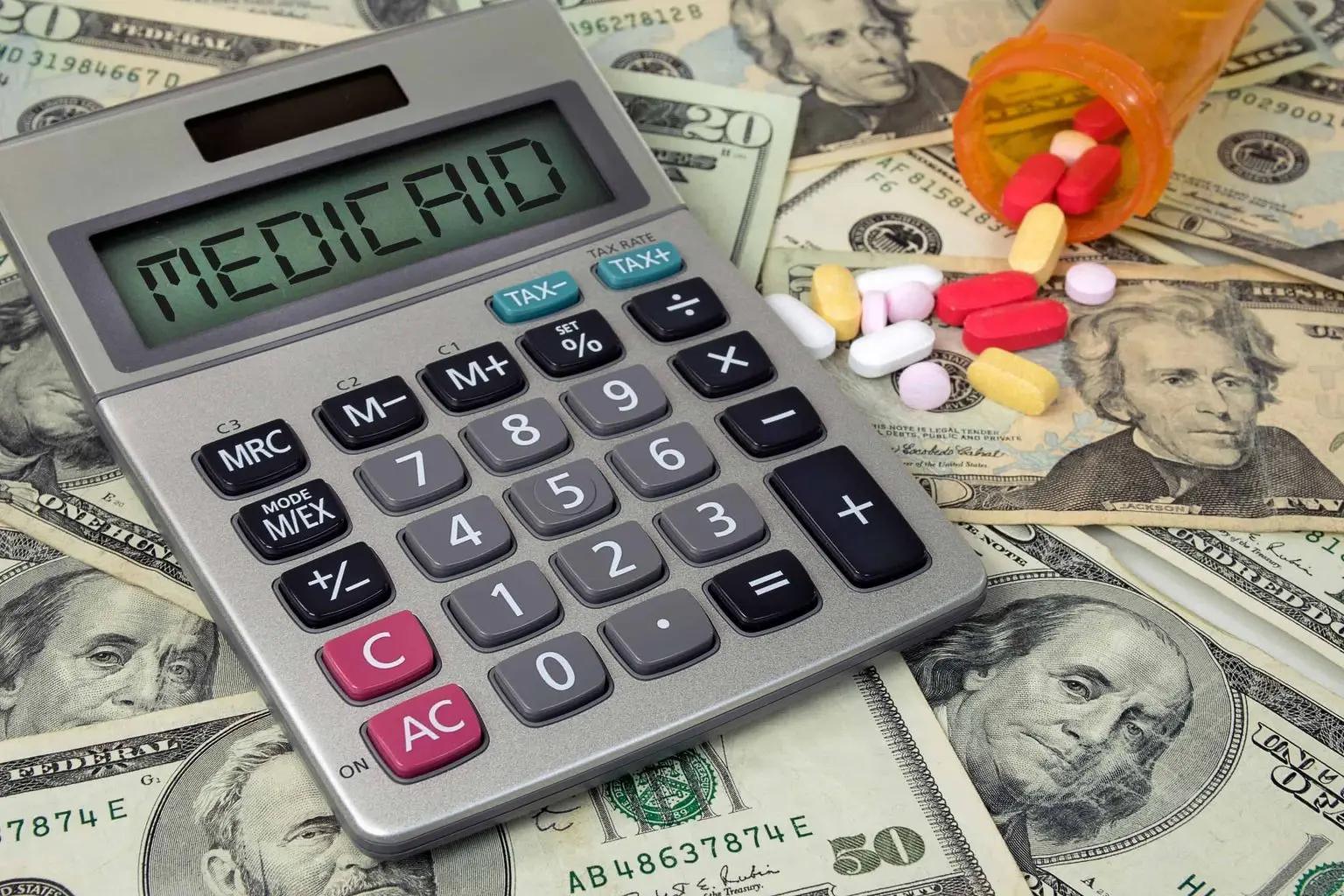As everyone is now aware, pursuant to Section 2201 of the CARES ACT, a relief payment in the form of a refundable tax credit for 2020 has been (or will be) sent to eligible individuals. The payment amount will vary depending upon income, marital status and dependents under the age of 17.
Taxpayers who included their bank information on their 2018 or 2019 tax return and qualified for the stimulus payment, should have received a direct deposit into their account last month. If a person did not include their bank information or did not file a return, this could result in a paper check being mailed to their address on record. Additionally, those receiving Social Security direct deposits may see their stimulus payment in their account within the coming weeks. Those seniors receiving Medicaid long-term care may receive the check in the same account her or she receives social security or by paper check.
Many fear that due to the strict Medicaid guidelines, recipients will not benefit from the stimulus payment. Medicaid is a need-based benefit which has an income and asset test. Those receiving Medicaid cannot have liquidate non-qualified assets in excess of $15,750.00. For those receiving Community Medicaid (i.e. home care in their house), the income limit is $895.00 per month. Any excess income must go to the cost of medical expenses or be directed into a Pooled Income Trust. For those receiving Chronic Medicaid (coverage in a nursing facility), the individual must contribute their monthly income to the cost of the nursing facility, less the allowance of $50.00.
The good news is that the payment will not affect Medicaid eligibility in the immediate. Local Department of Social Services have been instructed that the stimulus payment is not countable as income in the month received and exempt as a resource for 12 months. If there is any stimulus payment remaining after the 12 month period, it will be countable for resources. For Community Medicaid recipients, this means that the one-time payment does not have to be deposited into the Pooled Income Trust or contributed to the cost of medical care. For Chronic Medicaid recipients, this means that the payment does not go to the nursing facility as contributions to care. It is important to note, that the check will affect eligibility after 12 months with respect to assets. If any part of the payment is unused and assets exceed the Medicaid limit after 12 months, the individual could face a period of ineligibility.





